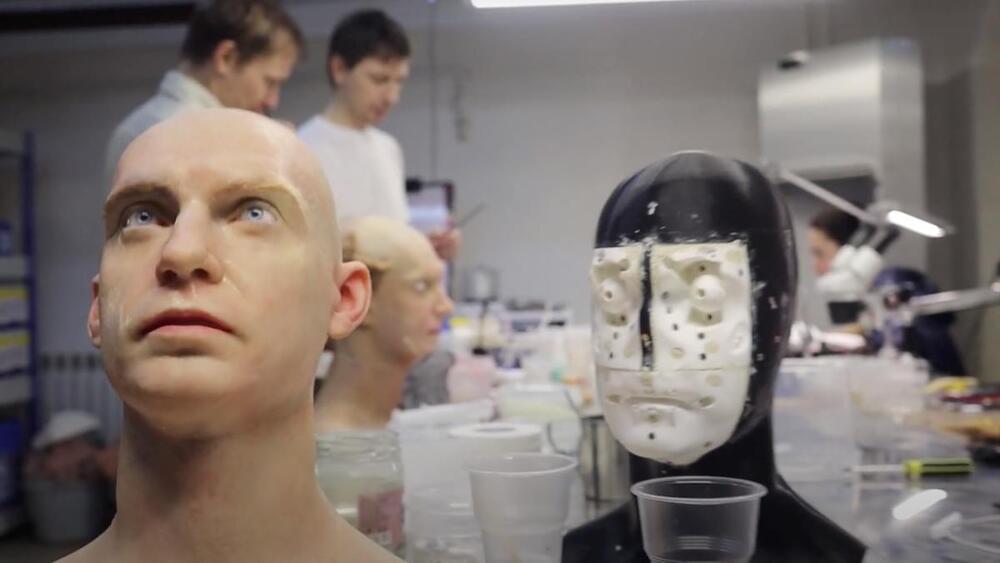APT C-23 hacker group uses a new Android spyware to target Middle Eastern users.


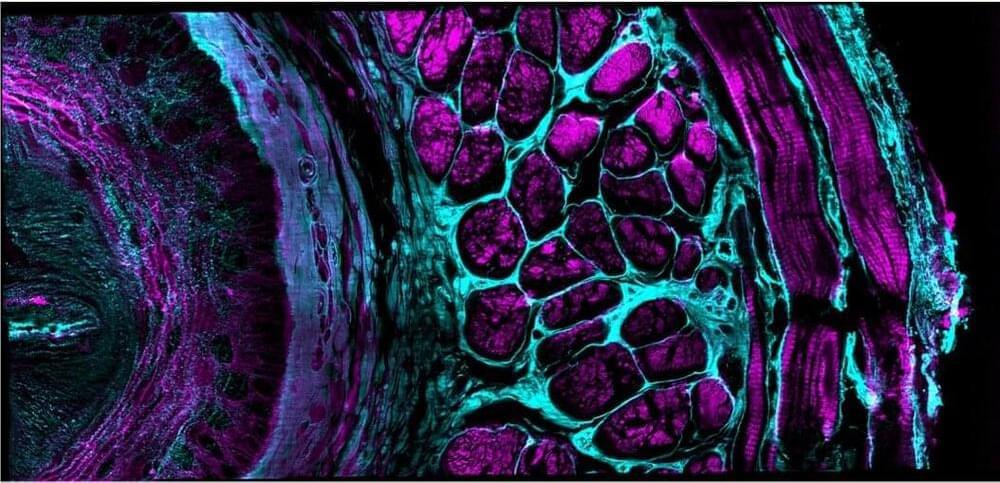
Since artificial intelligence pioneer Marvin Minsky patented the principle of confocal microscopy in 1957, it has become the workhorse standard in life science laboratories worldwide, due to its superior contrast over traditional wide-field microscopy. Yet confocal microscopes aren’t perfect. They boost resolution by imaging just one, single, in-focus point at a time, so it can take quite a while to scan an entire, delicate biological sample, exposing it light dosages that can be toxic.
To push confocal imaging to an unprecedented level of performance, a collaboration at the Marine Biological Laboratory (MBL) has invented a “kitchen sink” confocal platform that borrows solutions from other high-powered imaging systems, adds a unifying thread of “Deep Learning” artificial intelligence algorithms, and successfully improves the confocal’s volumetric resolution by more than 10-fold while simultaneously reducing phototoxicity. Their report on the technology, called “Multiview Confocal Super-Resolution Microscopy,” is published online this week in Nature.
“Many labs have confocals, and if they can eke more performance out of them using these artificial intelligence algorithms, then they don’t have to invest in a whole new microscope. To me, that’s one of the best and most exciting reasons to adopt these AI methods,” said senior author and MBL Fellow Hari Shroff of the National Institute of Biomedical Imaging and Bioengineering.
Mapping the human connectomics.
Join this channel to get access to perks:
https://www.youtube.com/channel/UCDukC60SYLlPwdU9CWPGx9Q/join.
Neura Pod is a series covering topics related to Neuralink, Inc. Topics such as brain-machine interfaces, brain injuries, and artificial intelligence will be explored. Host Ryan Tanaka synthesizes informationopinions, and conducts interviews to easily learn about Neuralink and its future.
Most people aren’t aware of what the company does, or how it does it. If you know other people who are curious about what Neuralink is doing, this is a nice summary episode to share. Tesla, SpaceX, and the Boring Company are going to have to get used to their newest sibling. Neuralink is going to change how humans think, act, learn, and share information.
Neura Pod:
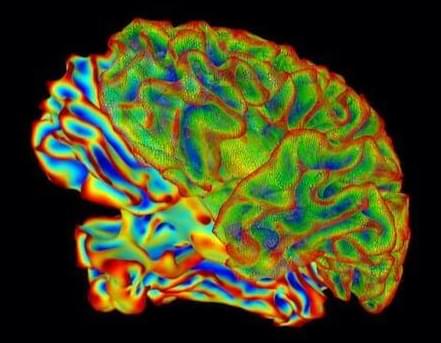
Artificial neural networks are famously inspired by their biological counterparts. Yet compared to human brains, these algorithms are highly simplified, even “cartoonish.”
Can they teach us anything about how the brain works?
For a panel at the Society for Neuroscience annual meeting this month, the answer is yes. Deep learning wasn’t meant to model the brain. In fact, it contains elements that are biologically improbable, if not utterly impossible. But that’s not the point, argues the panel. By studying how deep learning algorithms perform, we can distill high-level theories for the brain’s processes—inspirations to be further tested in the lab.

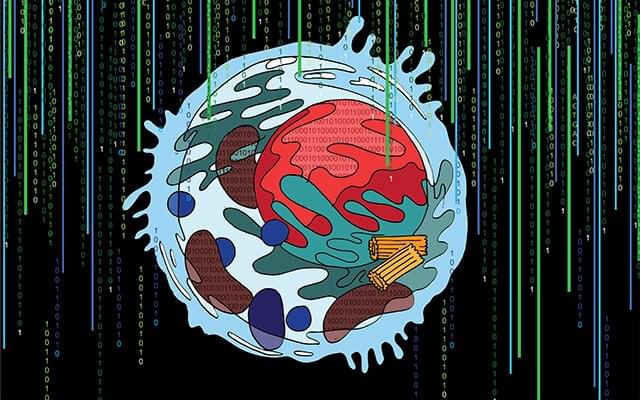
Most human diseases can be traced to malfunctioning parts of a cell—a tumor is able to grow because a gene wasn’t accurately translated into a particular protein or a metabolic disease arises because mitochondria aren’t firing properly, for example. But to understand what parts of a cell can go wrong in a disease, scientists first need to have a complete list of parts.
By combining microscopy, biochemistry techniques and artificial intelligence, researchers at University of California San Diego School of Medicine and collaborators have taken what they think may turn out to be a significant leap forward in the understanding of human cells.
The technique, known as Multi-Scale Integrated Cell (MuSIC), is described November 24, 2021 in Nature.
Sooo… the inimitable Russell Brand posted a video a few weeks ago saying some amusing but largeuly inaccurate and misleading things about the Grace humanoid eldercare robot we’re making in our Awakening Health project (http://awakening.health).
Russell’s video is here: https://www.youtube.com/watch?v=SDD7M1OWBDg.
I recorded this video as a sort of response, to set the record straight a bit and explain why Russell is wrong about Grace and what is the actual nature of the Awakening Health project and what are the motivations behind it!
The three main points I make in the video (but with more color and detail, so do watch the video if you’re interested!!) are:
1) Grace is there to help nurses and nursing assistants not replace or obsolete them. When she becomes an AGI she still won’t obsolete the need for human connection and human care. Elderly folks need extra help and attention right now and Grace can help. My grandfather spent the last 5 years or so of his life in an eldercare facility; it was a pretty good one, but he was still lonely and confused a lot of the time and certainly could have benefited greatly from a robot like Grace.
2) Awakening Health is a JV of Hanson Robotics and: SingularityNET (http://singularitynet.io), whose purpose is to democratize & decentralize AI. It’s all about data sovereignty and putting the control over the AI in the hands of the humans who are training and using the AI. Not about centralized tech oppression of the elderly or anyone else as Russell alludes. Actually I think I see very closely eye to eye w/ Russell Brand on the dangers of Big Tech and Big Government, though I probably more clearly see the path to a solution than he does (hint: it has to do with blockchain-meets-beneficial-AGI).
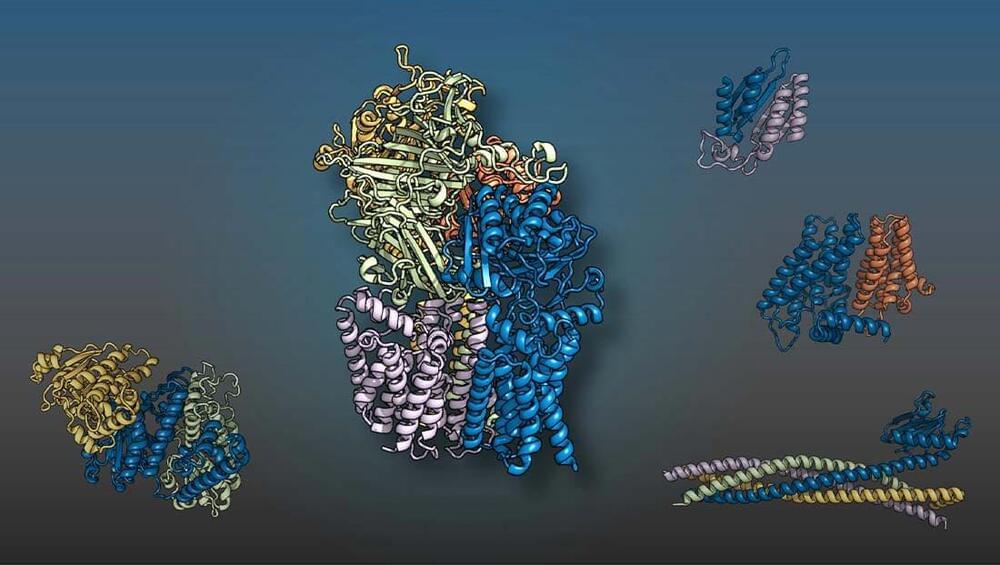
Research led by UT Southwestern and the University of Washington could lead to a wealth of drug targets.
UT Southwestern and University of Washington researchers led an international team that used artificial intelligence (AI) and evolutionary analysis to produce 3D models of eukaryotic protein interactions. The study, published in Science, identified more than 100 probable protein complexes for the first time and provided structural models for more than 700 previously uncharacterized ones. Insights into the ways pairs or groups of proteins fit together to carry out cellular processes could lead to a wealth of new drug targets.
“Our results represent a significant advance in the new era in structural biology in which computation plays a fundamental role,” said Qian Cong, Ph.D., Assistant Professor in the Eugene McDermott Center for Human Growth and Development with a secondary appointment in Biophysics.
Thank you for watching this video, please subscribe to youngstar TV channel.
